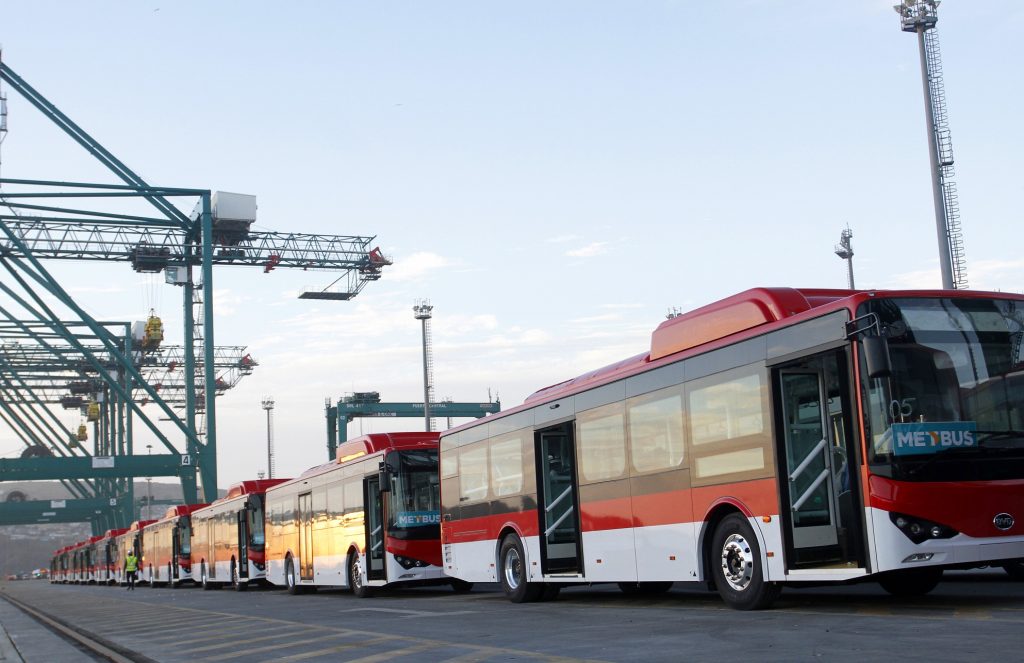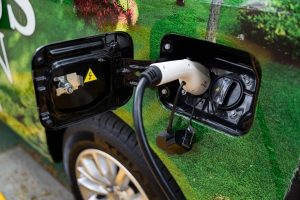
The Dominican Electric Mobility Association Offers Advice to Public Sector

It has been demonstrated that for the development, massification and promotion of electric mobility, the conjunction of actors such as governments, private companies, academia and civil society are fundamental.
Under this premise, the Electric Mobility Association of the Dominican Republic (Asomoedo) informed that it is at the government’s disposal to provide honorary advice on electromobility, energy efficiency and carbon footprint calculation.
The guild’s objective is to contribute to the fulfillment of the goals established in the National Development Strategy 2030 (END) and the Sustainable Development Goals (SDGs).
Read also: Guatemala Publishes Regulations for Charging Stations in Guatemala
Common Objective
The pronouncement made by Asomoedo follows the publication of Decree 158-23, issued by President Luis Abinader, who declared as a high national priority the implementation of an energy saving and efficiency policy in all Public Administration bodies under the Executive Branch.
In this regard, the association issued a statement in which they point out: “As an organization dedicated to promoting sustainable mobility including motivating the use of Law 103-13”.
They assured that they are aware of the environmental impact generated by fossil fuels, for which they are willing to advise and support the different government institutions.
Asomoedo stated that it is based on articles 66 and 67 of the Constitution of the Dominican Republic. These establish the right to a healthy environment and its protection. As well as the duty of the State and society to preserve and protect the environment for present and future generations.
Likewise, Article 16 of the General Law of Environment and Natural Resources No. 64-00, establishes the need to promote clean technologies as well as renewable energy sources, to reduce dependence on fossil fuels and improve air quality.
Roadmap
Through the National Development Strategy, the Dominican State seeks the agreement of multiple stakeholders to define the country they wish to have by the year 2030, aiming at building a prosperous nation.
Within the plan, mobility has a significant space with the development of strategies and partnerships to promote the creation of infrastructure and logistics for the welfare of citizens, technological development and good environmental practices.





